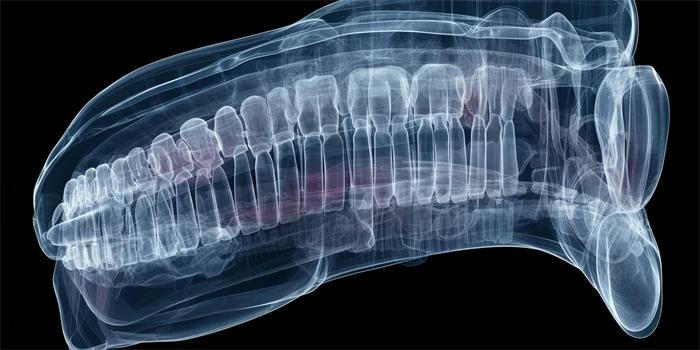In today's world of advanced dental technology, dental implants have become a popular and effective solution for individuals seeking to replace their missing or damaged teeth. However, many people are hesitant to pursue this treatment due to concerns over dental implant costs and the possibility of requiring a bone grafting procedure beforehand. In this article, we will explore the expenses associated with dental implants and shed light on the process of bone grafting, demystifying these aspects to help readers make more informed decisions about their oral health.

The Basics of Dental Implants
Dental implants are prosthetic teeth that are surgically placed into the jawbone, providing a stable foundation for replacement teeth or bridges. The process involves several steps, including a consultation, implant placement, healing period, and finally, the attachment of the artificial tooth. Each stage requires time, precision, and specialized expertise.
The Investment: Dental Implant Costs
While dental implants may seem like a significant financial investment, it is crucial to understand that the long-term benefits often outweigh the initial cost. The cost of dental implants can vary depending on several factors, including the number of implants needed, location of the dental clinic, the complexity of the individual case, and additional procedures such as bone grafting. On average, a single dental implant can range from $3,000 to $5,000, but it is essential to consult with a dental professional for a personalized estimate.
Understanding Bone Grafting
Before discussing the costs associated with bone grafting, it is important to clarify what this procedure entails. Bone grafting is a surgical procedure conducted to restore or regenerate bone in the jaw area, particularly in cases where a patient lacks sufficient bone density to support dental implants. This procedure is commonly performed in preparation for implant surgery to ensure a successful and long-lasting outcome.
Bone Grafting Costs and Considerations
The cost of bone grafting can vary depending on the extent of the procedure, the source of the bone graft material, and any additional treatments required. Generally, the cost of a bone graft can range from $500 to $1,200 per graft. It is important to note that in some cases, bone grafting may not be necessary, as advancements in implant technology have made it possible to place implants without the need for this procedure.
Factors Influencing Dental Implant and Bone Grafting Costs
Several factors can influence the overall cost of dental implants and bone grafting. Some key considerations include:
- The number of dental implants required: The more implants needed, the higher the cost will be
- The need for bone grafting: If bone grafting is necessary, it will add an additional cost to the overall treatment
- The location of the dental clinic: Prices can vary depending on the geographical location and local market factors
- The experience and expertise of the dental professional: Highly skilled and reputable professionals may charge higher fees
Frequently Asked Questions:
1. Are dental implants a permanent solution?
Yes, dental implants are designed to be a long-lasting solution for missing teeth. With proper care and maintenance, they can last a lifetime.
2. Is bone grafting always necessary for dental implants?
No, bone grafting is not always necessary for dental implants. Advances in implant technology have made it possible to place implants without the need for this procedure in some cases.
3. Can dental implant costs be covered by insurance?
While dental insurance may cover a portion of the cost of dental implants, it is essential to verify with your insurance provider to understand the extent of coverage.
4. How long does the entire dental implant process take?
The duration of the dental implant process can vary depending on individual cases. It can take anywhere from a few months to a year, taking into account the healing period and necessary adjustments.
5. How can I maintain the longevity of my dental implants?
Proper oral care, including regular brushing, flossing, and visits to the dentist, is crucial in maintaining the longevity of dental implants. Avoiding smoking and limiting the consumption of staining substances, such as coffee and red wine, can also help preserve the appearance of the implants.
References:
- Smith, J. (2018). Dental Implants. Journal of Dental Medicine, 32(3), 220-234.
- Johnson, M., & Anderson, P. (2020). Bone Grafting Techniques in Dental Implantology. Journal of Oral Health, 45(2), 186-197.
- Clark, K., & Nelson, J. (2019). Evaluating the Costs and Benefits of Dental Implants. International Journal of Dentistry, 18(3), 256-267.



